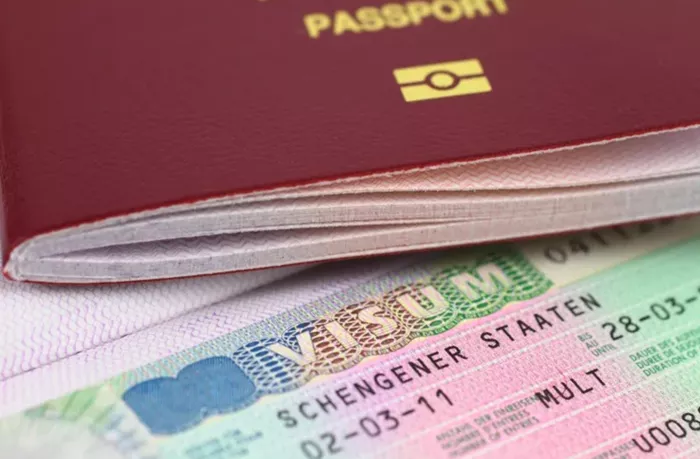Iran has urged Spain to simplify the visa process for Iranian traders and to extend the validity of these visas, aiming to foster stronger economic ties between the two nations.
This request was made by Samad Hassanzadeh, the Head of the Iran Chamber of Commerce, Industries, Mines, and Agriculture (ICCIMA), during a meeting with Spanish diplomat Antonio Sánchez-Benedito Gaspar in Tehran, according to Schengen.News.
Hassanzadeh emphasized the importance of easing the visa process for Iranian traders, noting that it would significantly improve bilateral relations. He also called for longer visa durations, as current Spanish visas are only valid for one week, which is not enough time for effective business operations. A longer visa period, he said, would facilitate more productive trade activities.
The current trade volume between Iran and Spain, Hassanzadeh pointed out, is low compared to the potential of both countries. He highlighted industries such as food, petrochemicals, and mining as areas with significant opportunities for growth in trade.
Sánchez-Benedito Gaspar, in response, expressed Spain’s commitment to strengthening its economic relationship with Iran. He noted that despite Spain being the fourth-largest economy in Europe and Iran having abundant natural and human resources, the current trade volume of €300 million does not reflect the true potential of their economic ties.
The Spanish diplomat assured that Spain would streamline the visa issuance process for Iranian traders endorsed by ICCIMA, paving the way for enhanced economic collaboration between the two countries.
Visa Requirements for Iranian Nationals
Under current regulations, all Iranian nationals must obtain a visa to enter Spain or any other country in the Schengen Area, regardless of the purpose of their visit. To apply for a visa, Iranians must visit a local embassy, consulate, or visa center.
In August, the Spanish Ministry of Foreign Affairs confirmed that Iranians, along with nationals from several other countries, are required to obtain a visa for transiting through Schengen airports. This includes traveling on connecting flights to non-Schengen countries. Other nations affected by this rule include Afghanistan, Bangladesh, the Democratic Republic of the Congo, Eritrea, Ethiopia, Ghana, Iraq, Nigeria, Pakistan, Somalia, and Sri Lanka.
Related topics:
- Trump’s Mass Deportation Plans Target Immigrants Who Came to the U.S. Legally
- Boston City Council Votes to Uphold Sanctuary Status, Gears Up for Trump’s Immigration Policies
- Republicans Blast Biden’s Migrant Parole Program as ‘Full of Fraud’


